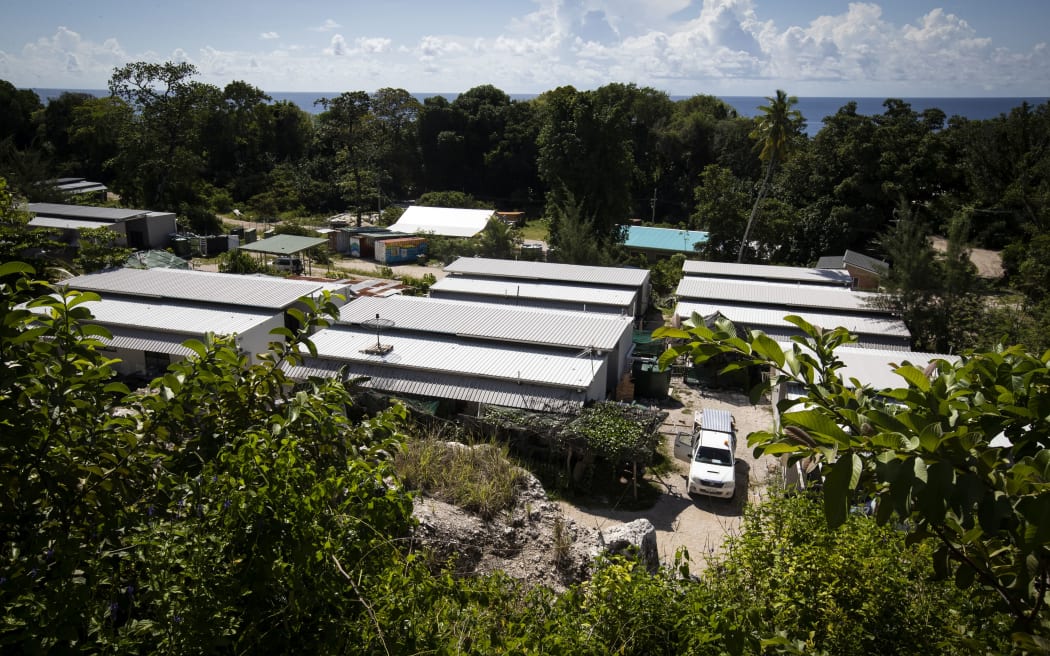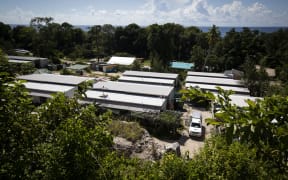The Nauru government is ending a mental health service for refugees detained on behalf of the Australian government.

The Nibok refugee settlement, Nauru. Photo: Pool / NZ Herald / Jason Oxenham
Doctors Without Borders has been operating on the island since late 2017 to treat the mental health needs of both Nauruans and refugees but they've now been told to leave immediately.
Hundreds of asylum-seekers and refugees are detained in Nauru indefinitely at the behest of Australia - including about 120 children.
Aid agencies report many have severe mental health problems and some are suicidal.
Refugee support groups have warned that the decision to expel the charity from Nauru will endanger the health of asylum seekers.
Ian Rintoul from Australia's Refugee Action Coalition said the health of refugees in Nauru will deteriorate when the doctors from Medicins sans Frontiers - or MSF - leave.
"It will get measurably worse and noticeably worse if the Nauru government does dispense with the services of the MSF," he said.
In New Zealand, the Green Party has condemned the decision, calling it an unthinkable nightmare.
Green MP Golriz Ghahraman said it was an ever-worsening atrocity.
"This just seems like it's more of a Kafkaesque nightmare than ever before, it's unthinkable, I couldn't have imagined something like this would happen, they'd be denied mental health services."
Ms Ghahraman told Morning Report the medical charity was essential for treating the severe mental health issues that a lot of people on the island have.
"People are suicidal, children have stopped talking.
"There's some mental health services there, but they were very stretched."
The charity was there with permission, so they had a mandate, and their services were "gravely needed".
Ms Ghahraman said the island was designed to act as a deterrent.
"It was always their stated aim to create a situation that would deter people fleeing war and persecution so they wanted these camps to be really nightmarish."
She said the likelihood of the doctors being allowed re-entry would depend a lot on how much the issue remained in the public eye.
For years New Zealand has offered to take 150 asylum seekers but Australia has repeatedly declined.
Ms Ghahraman said the government must do everything it could to push that offer.



